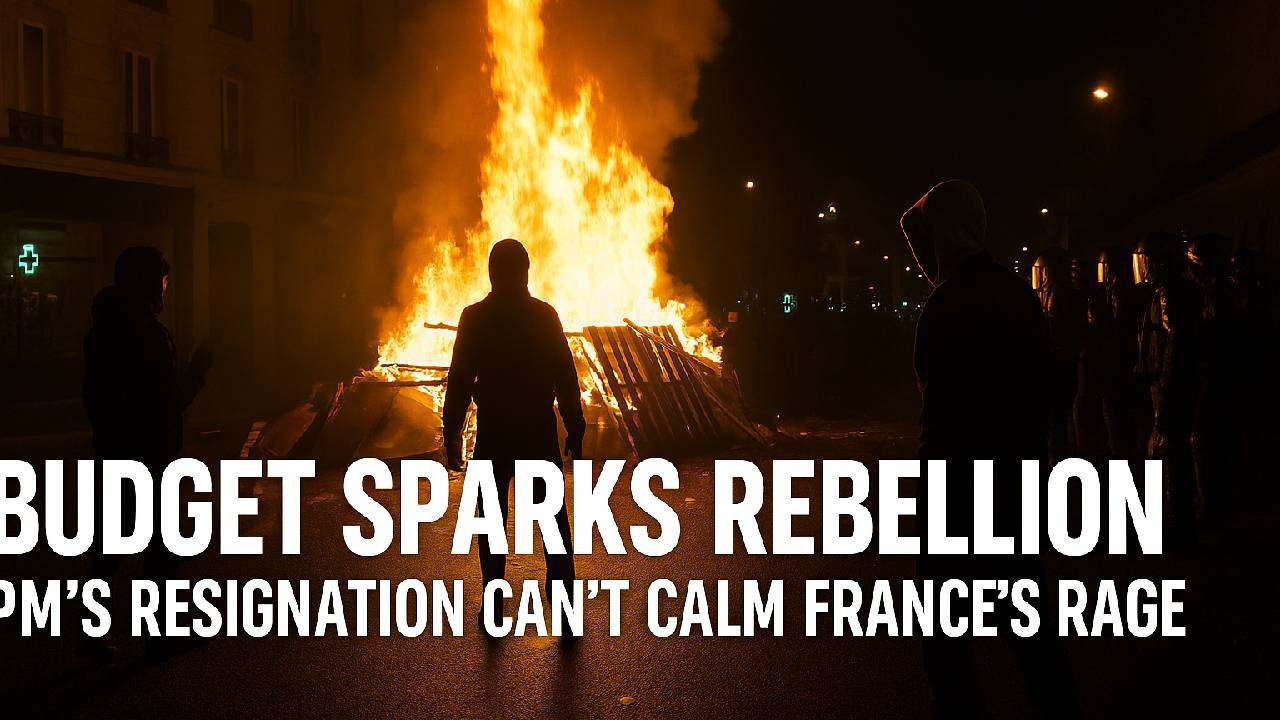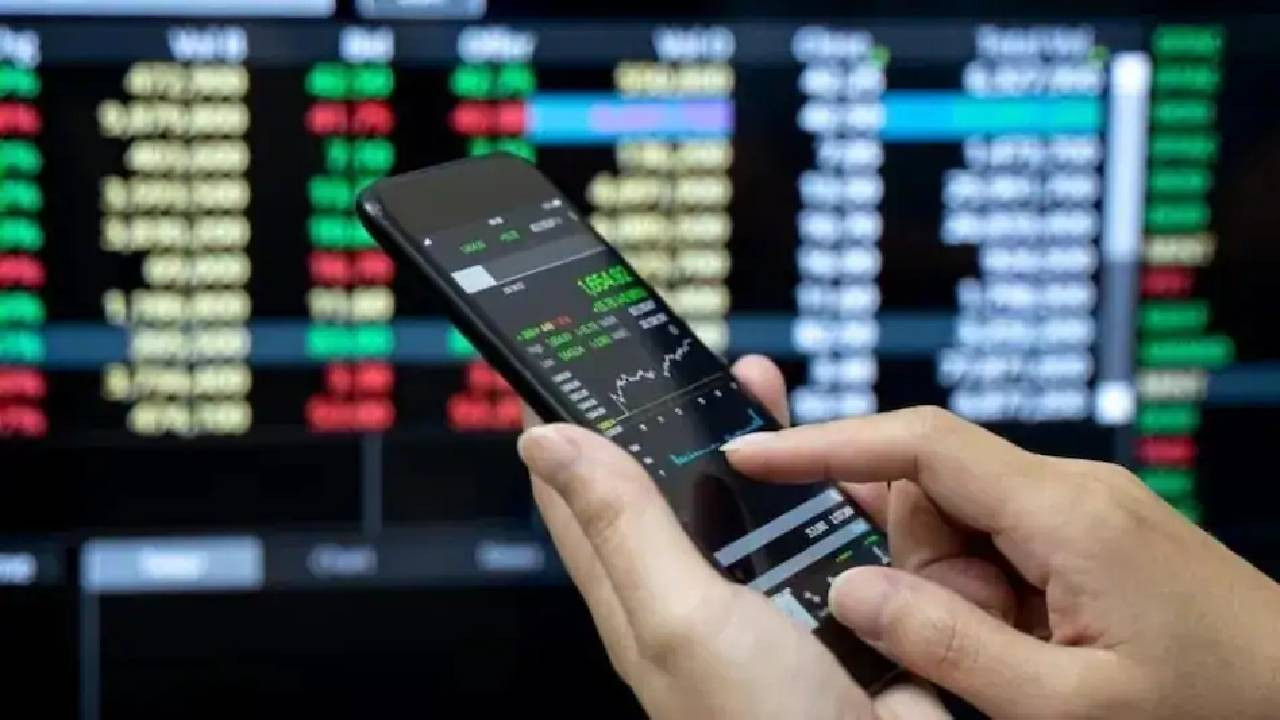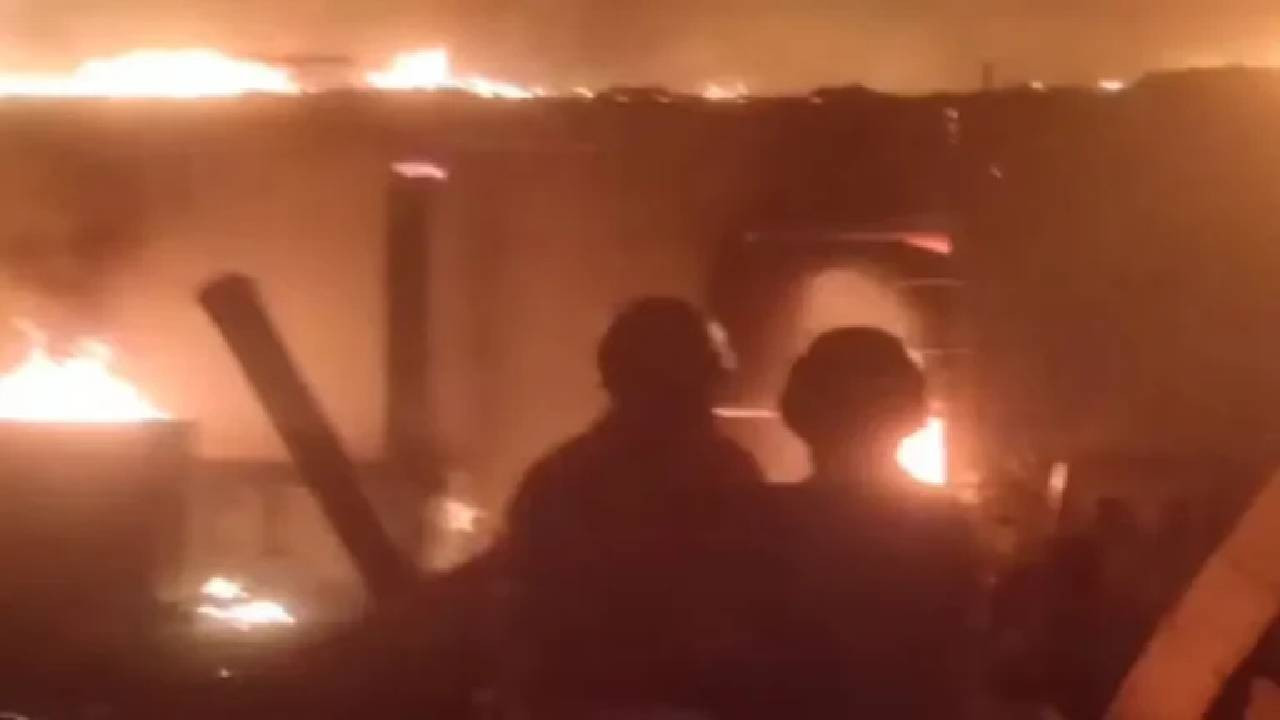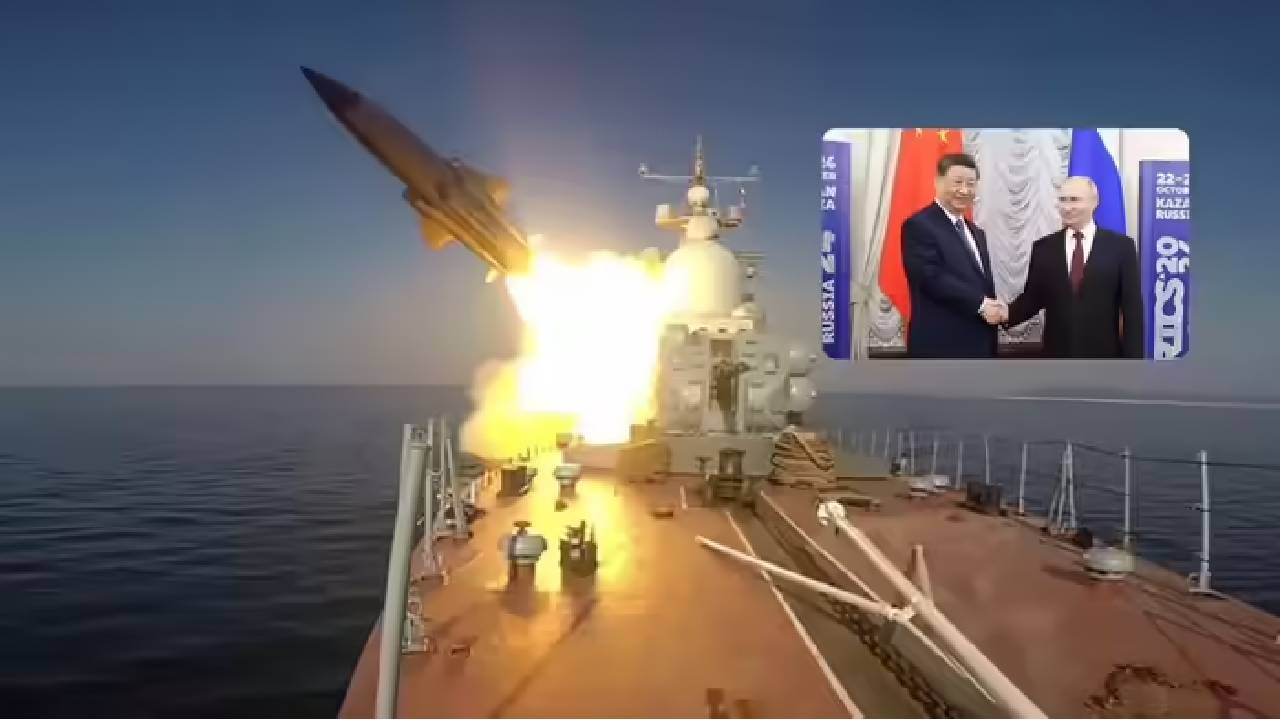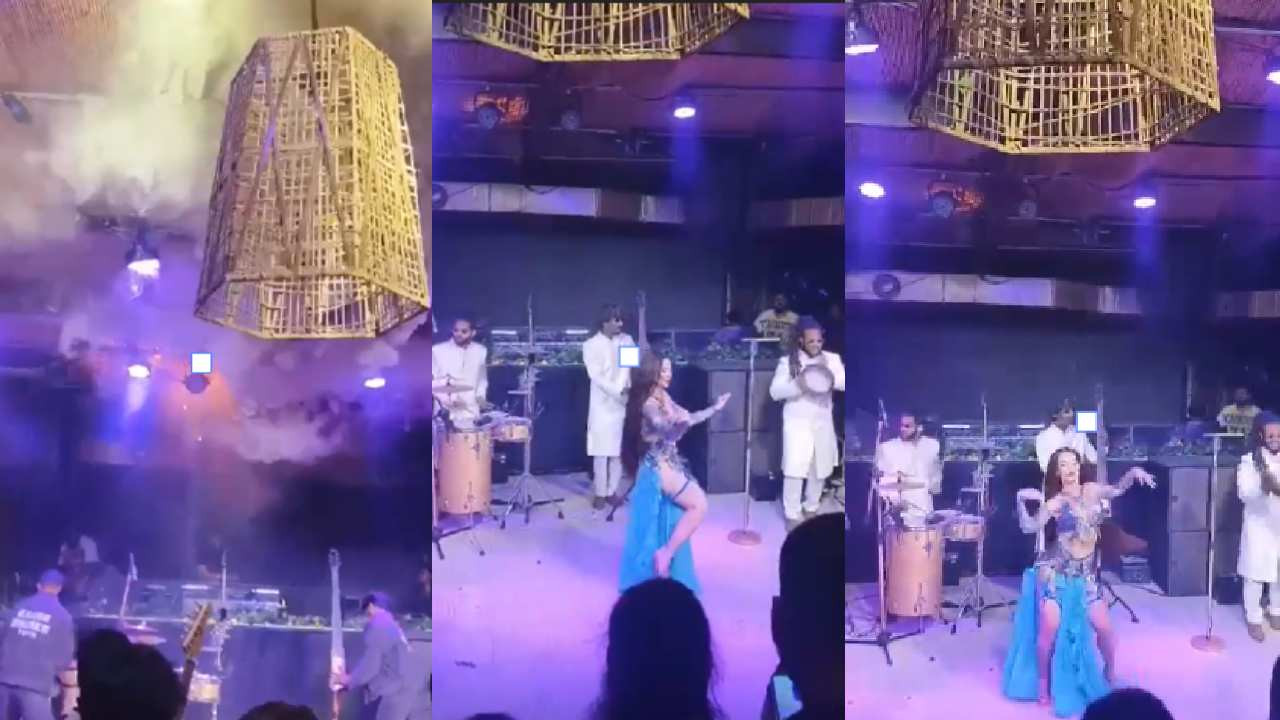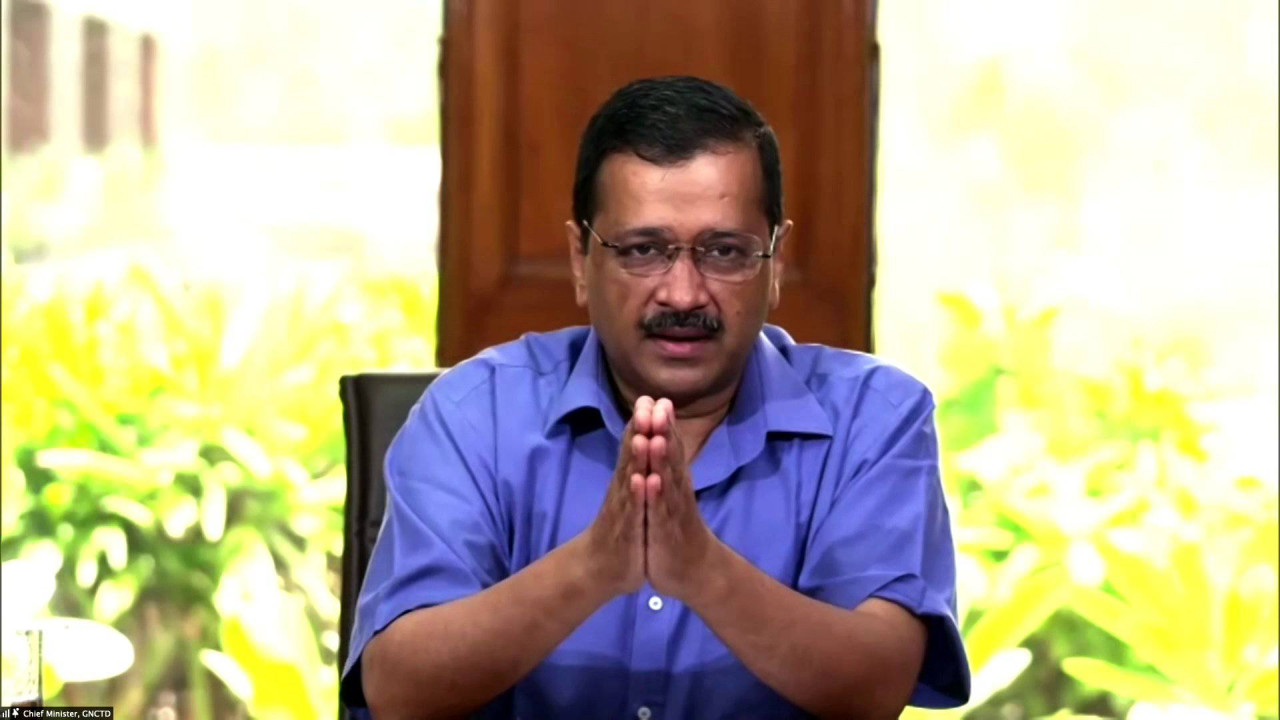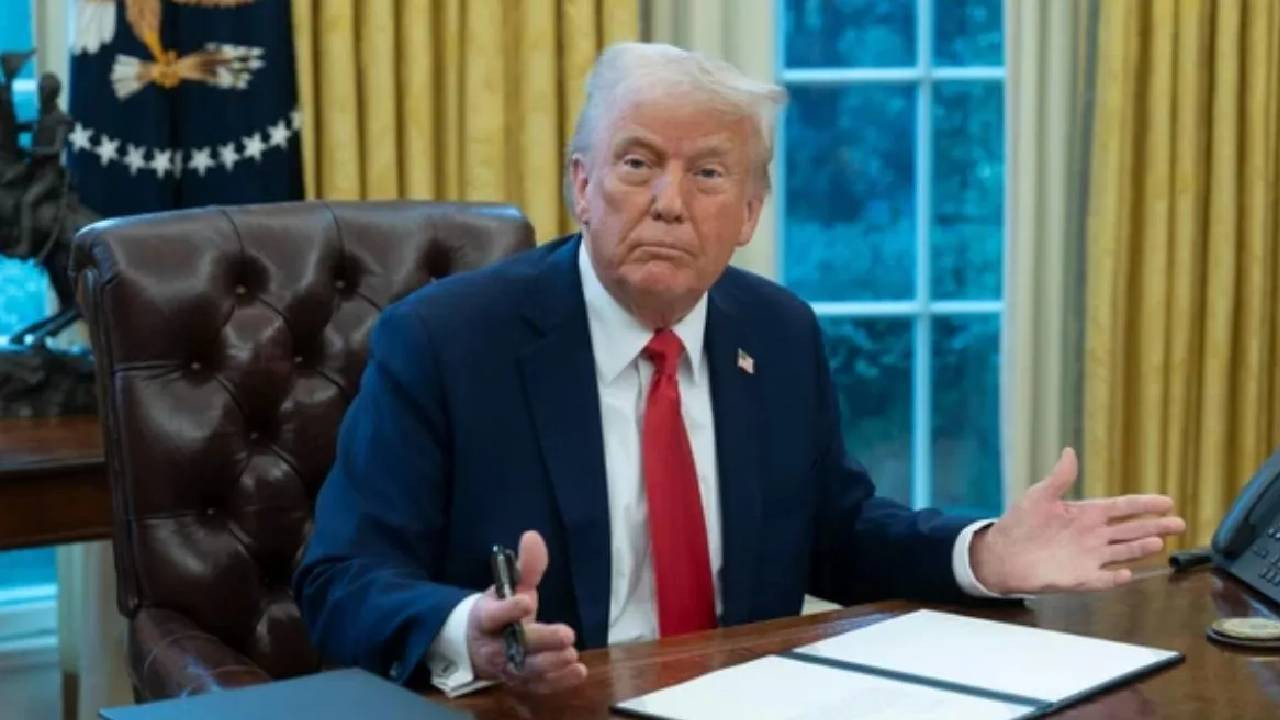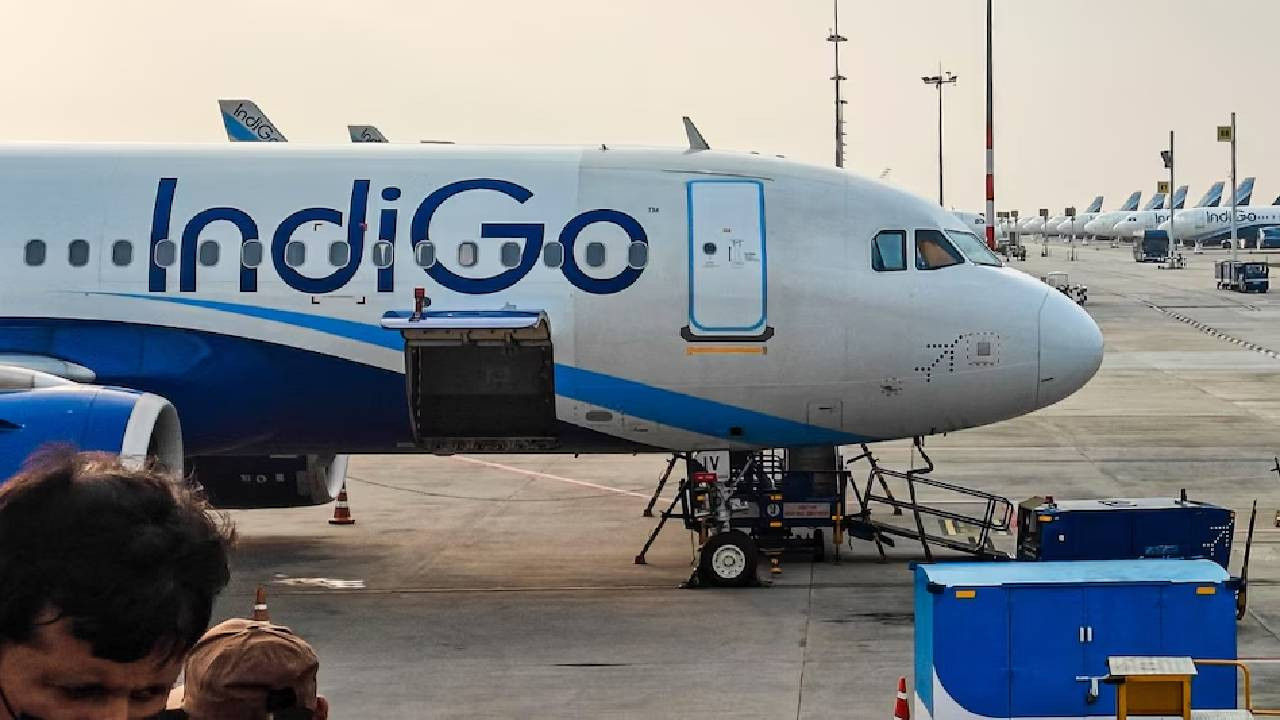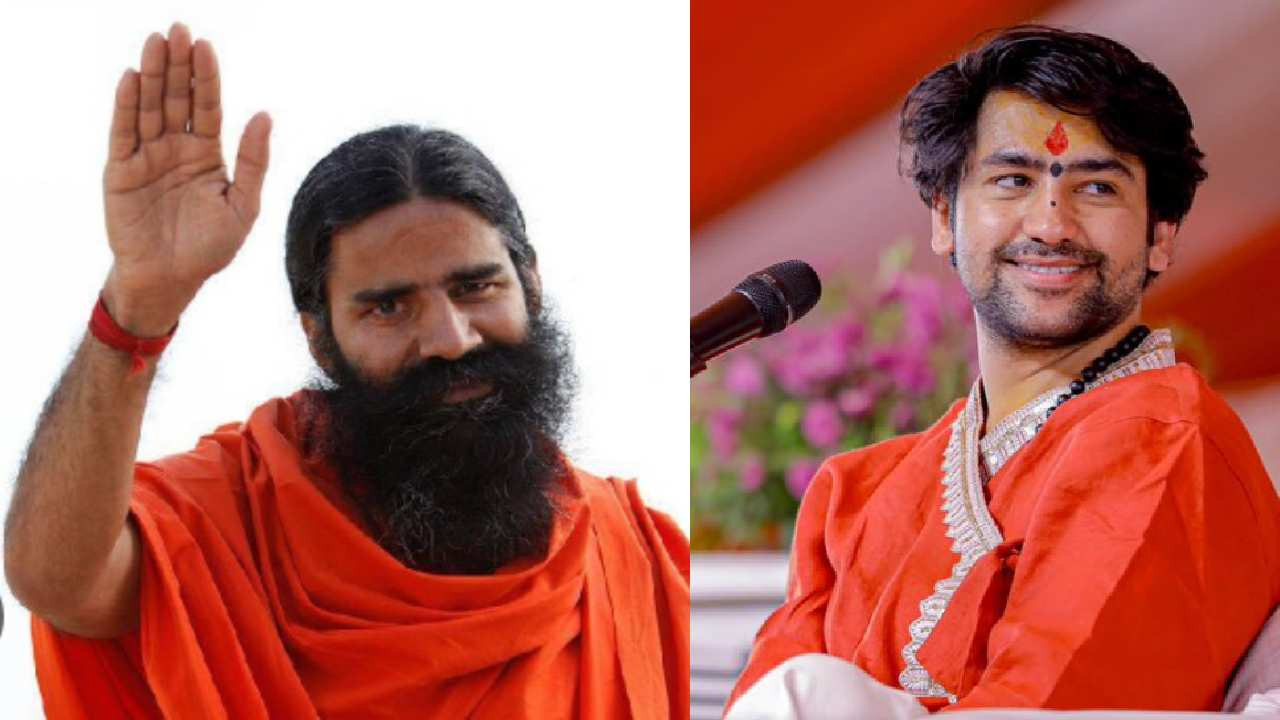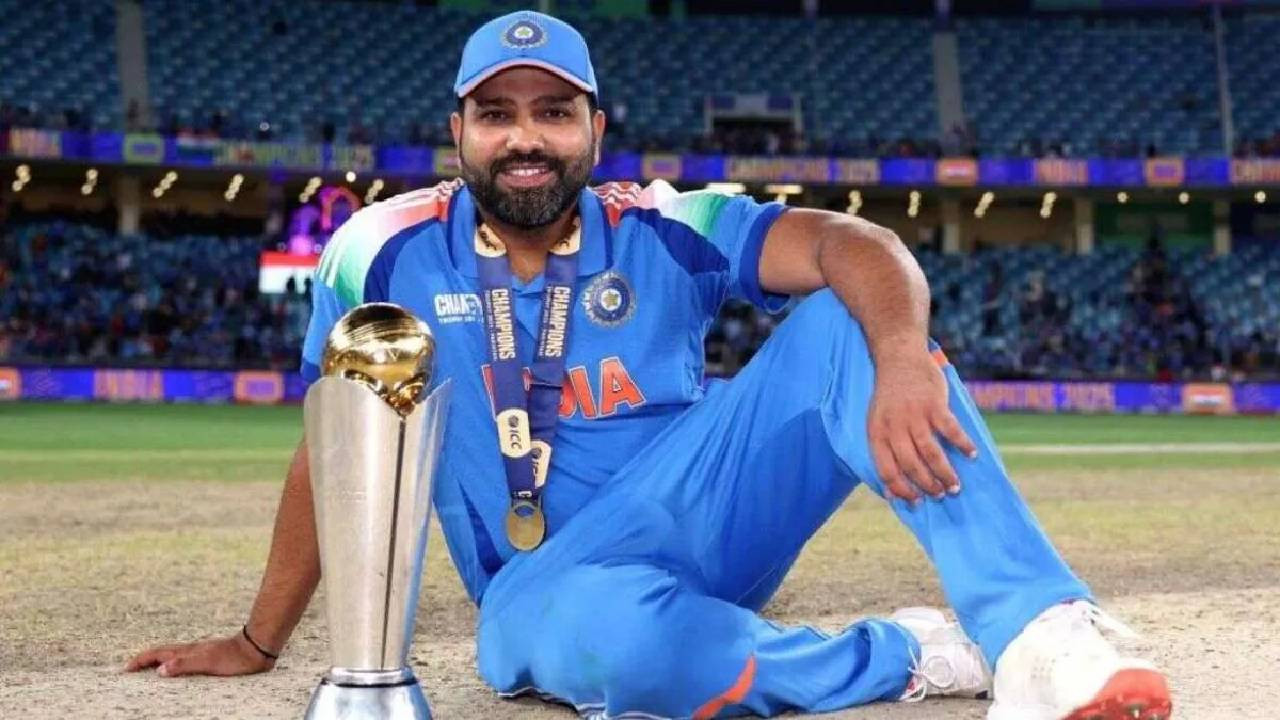International News: The crisis began when Prime Minister François Bayrou introduced a plan to save €44 billion. Citizens believed the proposal would cut into public welfare and services. Anger quickly spread online, with thousands joining the “Block Everything” campaign. People said the plan favored the rich while hurting workers and the poor. Soon, what started as economic criticism became a political movement. Protesters called Bayrou’s decision an attack on their survival. The government underestimated the backlash, which became impossible to control. Public trust in leadership dropped sharply, fueling a wave of street resistance.
Prime Minister Forced Out
Under massive pressure, Bayrou decided to step down. His resignation was seen as a victory for the protesters. However, instead of calming the unrest, it made crowds more confident. People declared this was not about one man but about failed policies. Demonstrators shouted that replacing leaders without changing direction was meaningless. The resignation was supposed to restore calm but instead acted like fuel to the fire. Protesters filled central squares demanding deeper reforms. For them, Bayrou’s exit was only the first step. The focus shifted toward President Emmanuel Macron himself.
Macron Brings In New Leader
President Macron quickly appointed Defense Minister Sébastien Lecornu as the new Prime Minister. The move was presented as a solution to restore stability. But protesters immediately rejected it, saying nothing had changed. They argued that the government had only swapped names while keeping the same system intact. Critics mocked the reshuffle as “old wine in a new bottle.” Protesters demanded not just new leaders but a new direction. The appointment that was supposed to ease tension ended up deepening mistrust. Demonstrators began to chant against Macron, making him the main target of the movement.
Protests Spill Onto Streets
Within hours of the announcement, thousands flooded Paris again. Roads were blocked, barricades burned, and public buildings targeted. Demonstrators said the government still refused to listen. Shops closed early as fear spread across neighborhoods. In some areas, masked youths clashed with police, throwing stones and lighting fires. Transport networks suffered heavy disruptions, causing chaos for commuters. Families locked themselves inside homes as smoke filled the city. The protests, born from economic anger, had now turned into open defiance of political authority. The sense of betrayal pushed crowds to escalate their demonstrations.
Police Struggle To Maintain Order
Police were deployed in record numbers across the capital. Armored vehicles and riot squads patrolled streets. Despite mass arrests, protests continued late into the night. Over 200 people were taken into custody in just one day. Officers used tear gas to disperse crowds, but demonstrators regrouped. Security forces admitted that the movement was larger and more determined than expected. Interior Minister Bruno Retailleau praised the police response but accepted that anger was far from over. The government appeared overwhelmed by the scale of the unrest. Tension continued to spread beyond Paris, raising fears of a national crisis.
Opposition Steps Into Spotlight
As protests grew, opposition parties saw an opportunity to attack Macron. Leaders demanded fresh elections, calling the budget plan proof of failed governance. They accused Macron of being disconnected from ordinary citizens. Protesters echoed these views, chanting for a new political order. Analysts said Macron’s credibility had reached its lowest point. International attention also turned to France, comparing the crisis with the Yellow Vest protests of past years. Opposition unity gave more strength to the movement. The government found itself cornered from both the streets and the parliament.
France Faces Political Crossroads
The ongoing turmoil has left France at a turning point. Citizens say their fight is not just about a budget but about dignity and justice. They argue that without structural change, no leader can calm the streets. Macron insists reforms are necessary, but protesters believe survival is at stake. The images of burning streets and chanting crowds have spread worldwide. Experts warn that unless dialogue begins, unrest could last for weeks. France now faces a question of future stability. Will leaders bend to the will of the people, or will clashes push the nation into deeper chaos?



